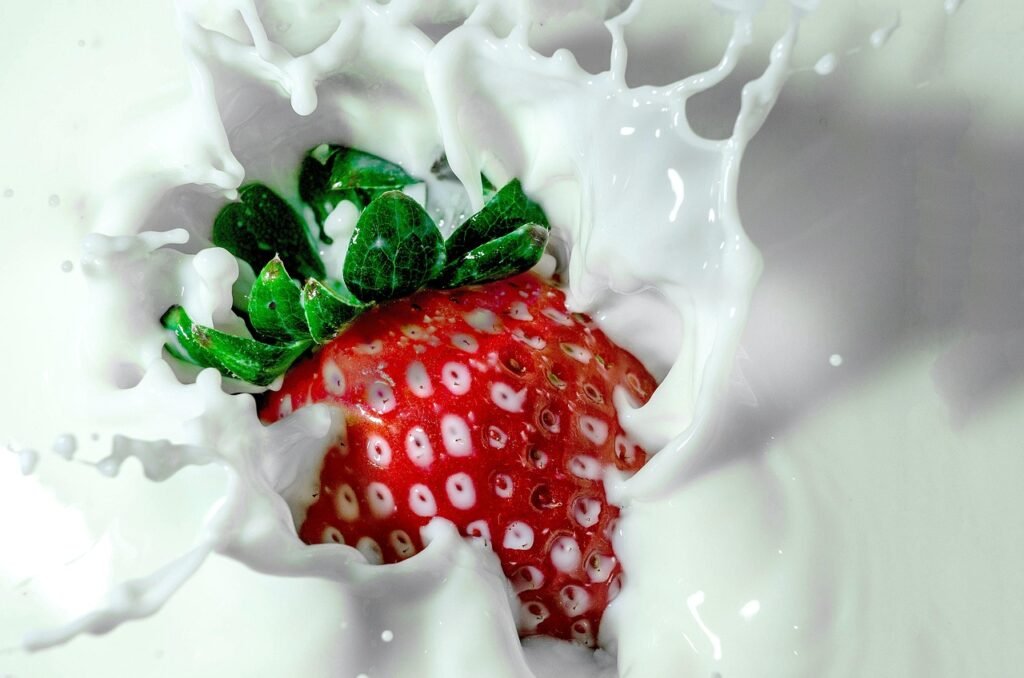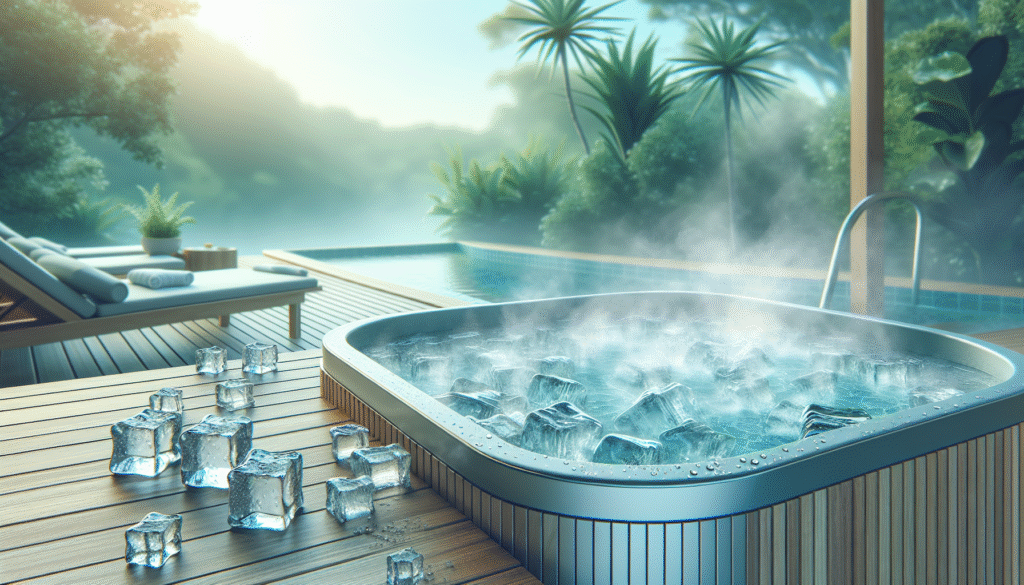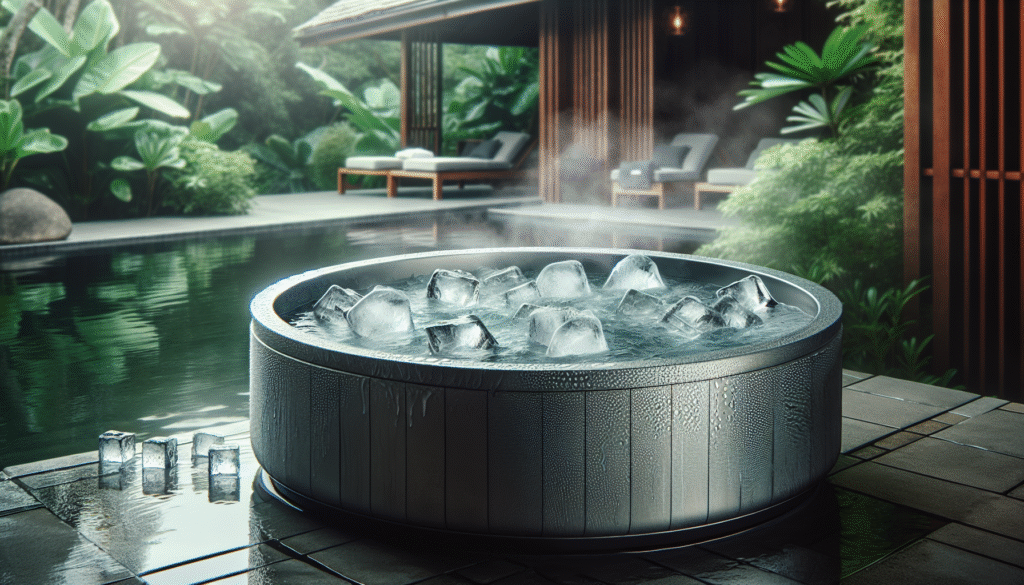Have you ever wondered how some people seem to have boundless energy and effortlessly maintain a healthy weight? One method that’s gaining popularity for its potential benefits is cold plunging. This practice, which involves immersing your body in cold water, has been said to boost metabolism and burn fat. But how exactly does it work? Let’s break it down.

What is Cold Plunging?
Cold plunging refers to immersing your body in cold water, generally at temperatures below 60°F (15°C). This practice has been utilized in various cultures throughout history, often for its therapeutic benefits. Recently, it has become a popular trend among health enthusiasts and athletes who swear by its effectiveness in improving performance and recovery.
When you experience the shock of cold water, your body goes through several physiological changes. As your body adjusts to the drop in temperature, it ramps up your metabolic processes to generate heat, which can, in turn, burn more calories.
The Science Behind Cold Exposure
Understanding the biology of cold exposure is crucial to appreciate its impact on metabolism.
How Your Body Reacts to Cold
When you plunge into cold water, your body reacts in multiple ways:
-
Activation of Brown Fat: Your body has two types of fat—white fat, which stores energy, and brown fat, which burns energy to generate heat. Cold exposure can activate brown fat, increasing calorie expenditure.
-
Increased Heart Rate: The cold causes your heart rate to rise as your body works harder to maintain its core temperature. This increase in heart rate can boost your overall metabolism.
-
Hormonal Response: Exposure to cold triggers the release of hormones like norepinephrine, which can enhance fat breakdown.
Caloric Burn
Just how much can cold plunging impact your caloric burn? While the specific numbers can vary from person to person, studies have shown that cold exposure can increase energy expenditure by 2 to 5 times when compared to resting metabolic rates. This means that, while immersed in cold water, your body is working hard, even when you’re not actively exercising.
Benefits of Cold Plunging
Cold plunging isn’t just about burning calories—it comes with various potential benefits that extend beyond weight loss. Here are some of the notable advantages.
Enhanced Physical Recovery
Athletes often use cold plunges to reduce soreness and speed up recovery after intense workouts. The cold reduces inflammation and aids in muscle recovery. When you’re ready to get back in the game, a cold plunge might be just what you need.
Improved Mood
There’s a direct connection between cold exposure and mental health. Cold plunging can enhance your mood by triggering the release of endorphins and reducing cortisol levels. If you’re feeling down or anxious, taking the plunge might just lift your spirits.
Boosted Immune Function
Some studies suggest that regular cold exposure can strengthen your immune system. It may increase the production of white blood cells, which play a crucial role in defending your body against illness and infection.
How to Get Started with Cold Plunging
If you’re intrigued by the potential benefits and want to give cold plunging a try, here are some steps to help you get started safely and effectively.
Start Gradually
If you’re new to cold exposure, it’s essential to ease into it. Begin with cooler showers and gradually decrease the temperature over time. You might find that you adapt to the cold faster than you expect.
Choose the Right Environment
Look for places that support cold plunging, such as ice baths, natural bodies of cold water, or dedicated cold plunge tubs. Make sure you can safely exit the water and have access to warmth afterward.
Limit Duration
For most beginners, starting with short bouts of cold exposure (2-3 minutes) is recommended. As you become more accustomed to the cold, you can gradually increase the duration. However, it’s essential to listen to your body—if you feel too uncomfortable, it’s perfectly okay to get out.

Safety Precautions
While cold plunging can be beneficial, it’s crucial to approach it with caution. Here are a few safety tips to keep in mind:
Know Your Limits
Don’t push yourself too far. If you start feeling numb, dizzy, or overly uncomfortable, it’s time to exit the water. Cold exposure can be stressful on the body, so stay attuned to how you’re feeling.
Avoid Cold Plunging if Unwell
If you’re sick or have underlying health issues, consult with a healthcare professional before attempting cold plunging. It may not be suitable for everyone, especially those with cardiovascular conditions.
Have a Warm-Up Plan
After cold exposure, it’s essential to warm your body back up. Prepare warm clothes, a cozy blanket, or a hot beverage to help regulate your temperature.
Incorporating Cold Plunging into Your Routine
Integrating cold plunging into your existing wellness routine can be straightforward. Here’s a simple approach to make it work for you.
Timing is Key
You might consider cold plunging after workouts to maximize recovery. Alternatively, some people prefer to do it in the morning for a revitalizing start to their day.
Pair with Breathing Techniques
Using deep breathing techniques while in the cold can enhance your experience. Practices like controlled breathing can help you relax and manage the initial shock of the cold.
Monitor Your Progress
As with any new practice, it’s beneficial to track your experience. Keep a journal detailing how you feel before and after your cold plunges. Noting changes in your mood, energy levels, and recovery can provide insight into the practice’s effectiveness for you.

The Role of Cold Therapy in Weight Management
Cold plunging isn’t a magic bullet for weight loss, but it can be a handy tool in your weight management arsenal. When paired with a balanced diet and regular exercise, cold exposure can complement your efforts to shed excess fat and enhance your overall health.
Caloric Deficit
To lose weight, creating a caloric deficit—burning more calories than you consume—is crucial. While cold plunging can help increase the calories you burn, you still need to focus on a healthy diet and physical activity.
Other Fat-Burning Strategies
Incorporate other scientifically-backed fat-burning strategies into your routine. These might include:
-
Resistance Training: Building muscle increases your resting metabolic rate, helping you burn more calories even at rest.
-
High-Intensity Interval Training (HIIT): Short bursts of intensive exercise can significantly boost your metabolic rate after workouts.
-
Adequate Sleep: Lack of sleep can disrupt hormonal balance, leading to weight gain. Aim for consistent and restorative sleep to support your weight management goals.
Cold Plunging and Other Forms of Cold Exposure
Cold plunging isn’t the only method out there—other forms of cold exposure can also confer benefits.
Cold Showers
Cold showers can be an accessible alternative to cold plunging. They can provide similar metabolic benefits without the need for a tub or icy body of water.
Ice Packs and Compresses
Using ice packs or cold compresses on specific body areas post-exercise can reduce inflammation and aid recovery.
Cryotherapy
This trendy treatment involves stepping into a chamber where ultra-cold air is circulated. It’s reputed to offer similar benefits as cold plunging, although access might be limited based on your location.

Potential Downsides to Cold Plunging
While there are numerous benefits to cold plunging, it’s also crucial to acknowledge some potential downsides.
Discomfort and Shock
The initial shock of cold water can be uncomfortable for many people. It might take time to build up tolerance.
Risk of Hypothermia
Spending too long in cold water without proper precautions can lead to hypothermia. Always monitor your time and have a clear exit strategy.
Not for Everyone
Individuals with certain medical conditions might want to avoid cold plunging. It’s essential to consult with a healthcare provider if you have concerns about how cold exposure might affect you.
Conclusion
So, can cold plunging actually boost your metabolism and help burn fat? The evidence suggests it can certainly play a role, thanks to the physiological responses your body undergoes when exposed to cold. However, it’s not a standalone solution. Combining cold exposure with a healthy lifestyle that includes balanced nutrition, regular exercise, and adequate rest is key to achieving your wellness goals.
The world of cold plunging is intriguing, filled with potential benefits and fascinating science. Whether you want a post-workout recovery tool or a way to invigorate your mornings, cold plunging might just be worth trying. Just remember to approach it with caution, listen to your body, and enjoy the ride.


